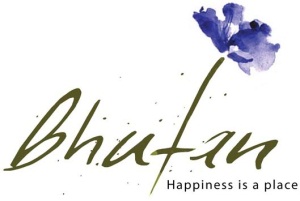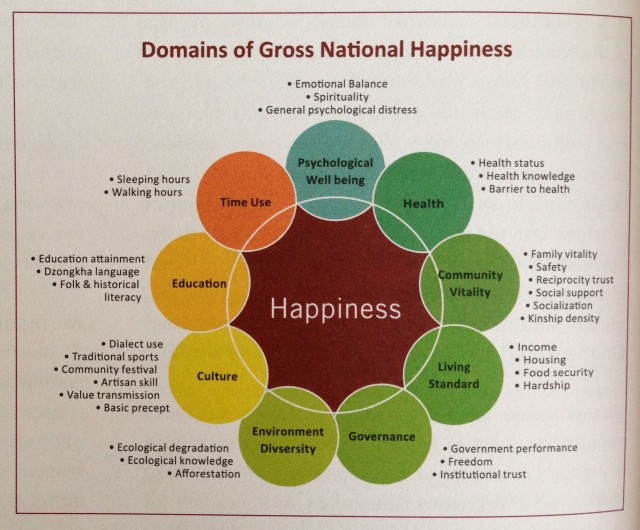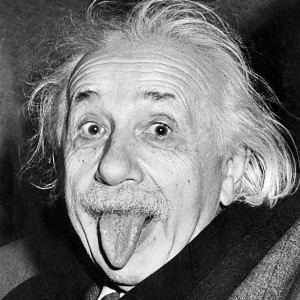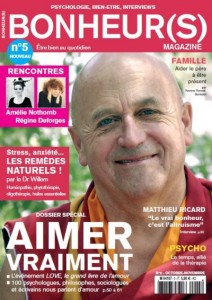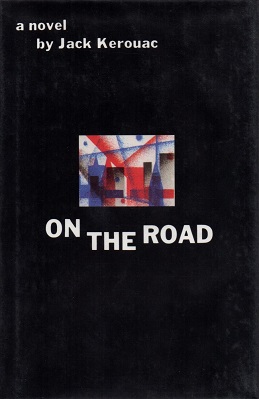Update: the show is available here now (in Italian)
Today is going to be an exciting day! I’ll be on Radio Alma to speak about happiness, well-being and my discoveries for For A State of Happiness. The show starts at 21, is in Italian and is called ‘I colori dell’anima‘ (the colours of the soul).
The transmission can be followed on 101.9 FM in Brussels or in streaming online from 21.00 to 22.00 (click the link ‘Radio Alma en direct’).
How do you prepare for such a show? Well, I won’t reveal yet what I will be talking about. Evidently, it will be close to the topics of exploration of For A State of Happiness. I’ll cover both the personal and the policy side of happiness and well-being.
How do you prepare for a show on a topic as large as happiness? As there are so many interesting angles to it, I asked my friends what questions about happiness they would like to have answered. I won’t be able to address all of them, but they do make me reflect for the show. These are some of the questions I received:
- Does money or wealth actually make you happy?
- Does happiness mean the same thing across cultures?
- Do people have to be unhappy before they can experience happiness?
- Can we all be happy one day?
- Is happiness contagious?
- How can we be happy if everybody around us spends their time complaining about everything?
- Which factors determine happiness?
I won’t answer them for now… that’s for when I’m on air and for a follow-up blog afterwards.
But thanks a lot to Jakob, Otman, Fisnik, Katia and Isabelle for putting them out there.
Also have a question about happiness? Leave a comment and I’ll (happily!) share my thoughts. And of course, if you speak Italian, do tune in to Radio Alma at 21.00 today!

